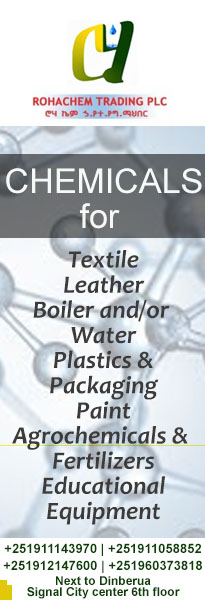
The Ethiopian Coffee and Tea Authority (ECTA) has unveiled a strategic plan to significantly enhance the country's tea, spice, and coffee production. ECTA’s Director General, Dr. Adugna Debela, outlined key initiatives aimed at expanding these agricultural sectors, with a focus on both improving quality and increasing output to capture new markets.
While Ethiopia is globally known for its coffee, the country also has a long history of tea cultivation, which spans over a century. However, only about 4,000 hectares are currently dedicated to tea production. Dr. Adugna emphasized the untapped potential in Ethiopia’s tea sector, pointing to the country's ideal acidic soils and the long-term productivity of tea plants, which can yield crops for up to 40 years.
To capitalize on this potential, ECTA is focusing on expanding tea cultivation, particularly in Oromia State. Last year, 10,000 hectares of land were planted with tea in the region, and the authority plans to increase this by an additional 30,000 hectares over the next three years. These expansions are expected to boost both production and export revenues.
In parallel with its efforts in tea, ECTA is also targeting Ethiopia’s spice sector. Ethiopia is home to over 50 different spice varieties, and ECTA has identified 16 key spices for international export. By improving packaging and meeting global quality standards, the authority hopes to increase the current USD 20 million in annual spice exports. These efforts are part of Ethiopia’s broader goal of reaching USD 4 billion in combined coffee, tea, and spice exports in the near future.
The coffee sector, already a major contributor to Ethiopia’s economy, is also undergoing expansion. Ethiopia aims to export 326,000 tons of coffee this fiscal year, targeting USD 1.8 billion in revenue. The country has already made significant progress, earning USD 380 million from 83,000 tons of coffee exports in the first two months alone, marking a 30,000-ton increase compared to the same period last year.
ECTA is further diversifying its coffee markets by expanding into new territories while strengthening established relationships in the U.S., Germany, Japan, Belgium, and Saudi Arabia. The authority is also promoting specialty coffee, which commands a premium price of up to USD 5,500 per ton, compared to USD 2,800 for commercial coffee.
Source: The Ethiopian Herald



